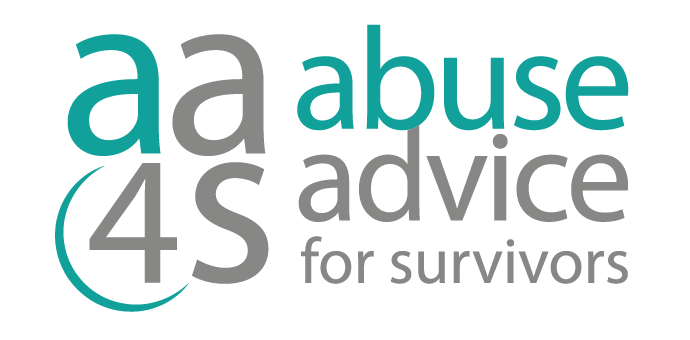Typical forms of abuse include:
Abuse happens as a result of the religious representative abusing his or her position of authority within the religious organisation.
The abuse by and criminal conviction of Catholic Church priests has received considerable attention around the world, resulting to several leading legal precedent judgments in higher courts about the nature of the church's responsibility for the criminal behaviour of priests.
LEGAL ARGUMENTS
Several legal reasons have been offered by the Catholic Church, primarily, that they are not liable for the activities of their priests because there is no master-servant relationship between the priest and the church. It has been unsuccessfully claimed that the role of a priest is a "calling" rather than a job, and that their salary is contingent on what is collected on the Sabbath. As such, they are not accountable to or compensated by the Diocese of the Catholic Church for their work, but rather are self-employed individuals fulfilling a vocation who are accountable to their congregation. The Court of Appeal and House of Lords have ruled against the disclosure of such arguments in a number of high-profile appeal cases. As a result, the church is expected to hire their delegate and is held accountable for his/her acts.
COVER UPS
There have been a number of scandals involving priest abuse in the Catholic Church, in which abusive priests were shifted from parish to parish after being proven to have assaulted children and the crimes were unreported for many years. The basis for such behaviour is said to have come from two sources: first, the concept of sin forgiveness by the confessional priest, and second, the mandates of the church of Rome in an edict distributed in the early 1960s that forbade disclosure to outside bodies.
Normally, the religious organisation member meets the youngster through his or her work in the religious organisation and goes through a grooming process that finally leads to abuse.
The crime, like other sorts of child abuse, is often kept hidden for many years. Because of the consequences threatened by the religious authority, such as "eternal damnation," the victim is sometimes silenced. Abuse is sometimes represented to be completely normal, and part of "growing up".
The abuser is accused of committing satanic abuse as part of a religious ritual, which is justified by the "laws" of the cult to which he belongs.
TYPICAL LOCATIONS
Religious abuse commonly occurs in the following settings:-
- Within the religious edifice, for example, in the vestry or robe room
- During a trip in a car
- In the representative's quarters
- On a religious holiday
There are too many additional places to mention, with the common denominator being any cloistered setting where the abuser may get the child victim alone in private.
COUNSELLING AND CONFIDENTIALITY
Churches have issued a number of publications and guidelines outlining the proper procedure to follow when an allegation of abuse is made against the Church. Counseling is frequently offered in exchange, but there is rarely an open offer to recompense the victim, necessitating the use of solicitors.
To protect the religious body's reputation, complainants have been required to sign "confidentiality agreements," which are essentially "hush" documents designed to prevent the victim from going to the media and harming the religious body's reputation for employing the abuser.










